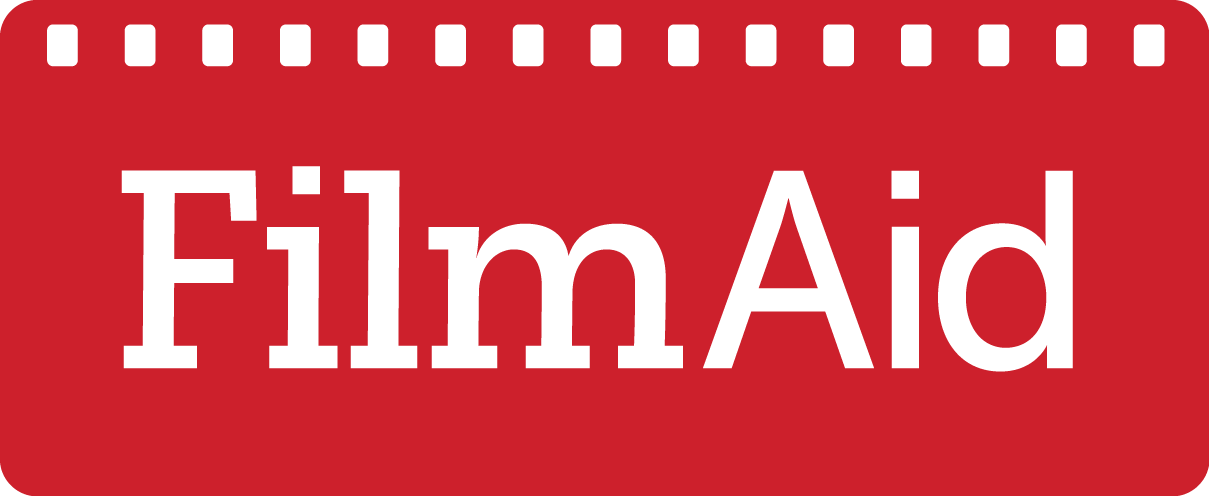FilmAid’s 8th Annual Film Festival is underway in Kakuma and Dadaab, it is inspired by this year’s theme, "Untold Stories". FilmAid’s Communications Intern Yvon Ngabo wrote the following reflection.
This is a story of a boy.
He is different.
He is just like everyone else in the eyes of the public.
One reason for this is that he spends every day trying to blend in with everyone else. Partly because being different, having a weird accent, having a different hair texture and having a difficult name is an invitation for trouble. He has to go about his days undetected.
The limelight to him means invasion of privacy. He must avoid this at all costs.
He is part of a forgotten people.
He is a stateless person.
He is a refugee.
He is in a foreign country, with its own rules. He is among a foreign people.
Every individual is faced with his or her own problems. The refugee has the same, and also another set of his own: He has been forced to flee from home with little perception of the new world around him. The childlike outlook, free from flawed perceptions, is shocked to a world where murder and forced relocations are the order of the day.
He has just learned a painful lesson in life.
Your life can be changed forever in a matter of hours by someone who does not even know you.
He has had to bury all these thoughts, deep inside. No matter how hurt he is, no matter how uprooted and unfair his life, the world does not stop to grieve with him. It is rather indifferent. So he must become so too, in order to move on in life.
He has decided to make something of himself. In the life that he has been forced into, he must soldier on.
He has talents.
He has a dream.
He has to give it a shot, if anything is to come from it.
FilmAid’s Film Festival is happening in Nairobi on Tuesday, August 12th at 4:00 p.m. It is a platform to showcase creative talent from Kakuma and Dadaab refugee camps, including FilmAid-trained young refugee filmmakers eager to show their work. All are welcome to attend. For further information, please visit the FilmAid Film Festival Facebook page.

